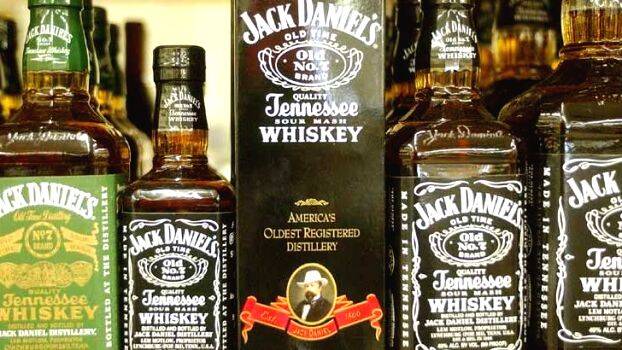

Excise proposal under government consideration
THIRUVANANTHAPURAM: The Excise Department's plan to produce low-strength alcohol and wine from agricultural products other than fruits and grains is back in action. With the announcement of the government's new liquor policy, things will speed up. If the report is approved by the finance department and the law department, the cabinet will consider it.
The project aims to provide additional income to the farmers. In the previous liquor policy, a rule was made to include this, but no further action was taken. The Kerala Small Scale Winery Rules 2022 were approved on that day. Two crore rupees have been earmarked in the 2022-23 budget for the project to produce ethanol and value-added products from tapioca at the Tuber Crops Research Institute in Thiruvananthapuram as a pilot project, but the work has not started yet.
Low-strength alcohol can be produced from various sources, including jackfruit, mango, cashew, banana, palm, papaya, pomegranate, guava, rose apple, and more. Additionally, tapioca, nutmeg and sugarcane can also be used for making alcohol.
The new policy comes as a potential solution to the problem of wasted fruits. For instance, cashew fruits in the Kasaragod region and pineapples in the eastern regions of Ernakulam district often go unsold. The government hopes that this initiative will help address the crisis faced by farmers in these regions.
Some key agricultural statistics
Annual pineapple production stands at 5 lakh tonnes.
Cashew cultivation covers 3800 hectares in Kasaragod district.
The Excise Department has recommended an alcohol content of 15% for the products. The license fee for producing low-strength alcohol is Rs. 50,000, while the bottling license fee is Rs. 5000.
This excise proposal, once implemented has the potential to not only boost the agricultural sector but also contribute to the state's economy and promote sustainable utilization of agricultural resources.